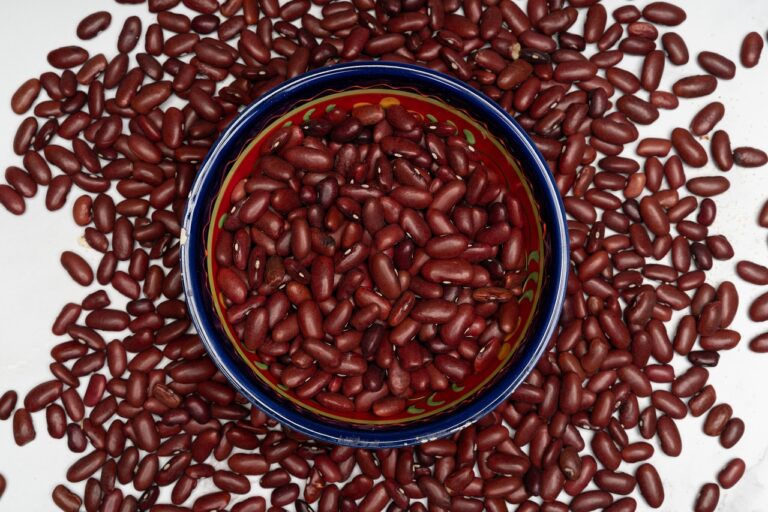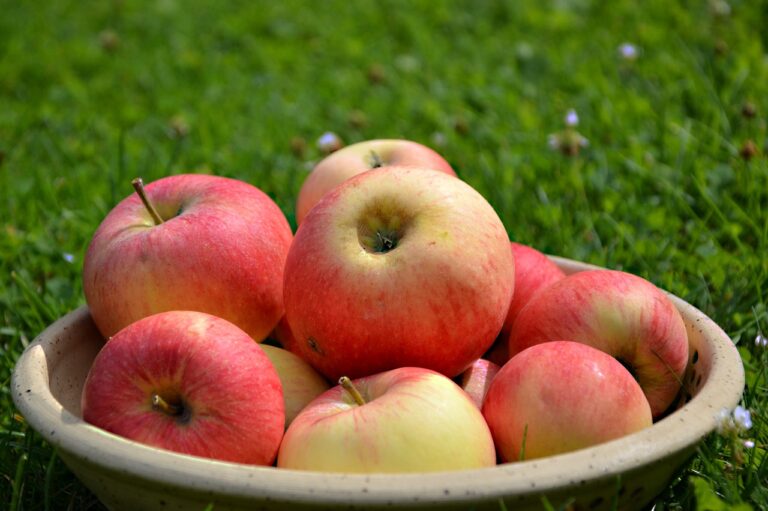Exploring the Role of Microbiome in Liver Diseases: Betbhai9, Playexch in login, Lotus365 in login password
betbhai9, playexch in login, lotus365 in login password: The human body is home to trillions of microorganisms, collectively known as the microbiome, which play a crucial role in maintaining our health and well-being. Recent research has shed light on the impact of the microbiome on various aspects of health, including liver diseases.
The liver is a vital organ responsible for processing nutrients, detoxifying harmful substances, and producing essential proteins. Liver diseases, such as fatty liver disease, cirrhosis, and liver cancer, can have serious consequences for the overall health of an individual. Emerging evidence suggests that the microbiome may play a significant role in the development and progression of liver diseases.
1. What is the microbiome?
The microbiome refers to the diverse community of bacteria, viruses, fungi, and other microorganisms that reside in and on our bodies. These microorganisms play a crucial role in maintaining our digestive, immune, and metabolic functions.
2. Gut-liver axis
The gut-liver axis describes the bidirectional communication between the gut and the liver. Disruption of this axis, such as dysbiosis (imbalance of gut bacteria) or increased intestinal permeability, can lead to the development of liver diseases.
3. Role of gut bacteria
Certain gut bacteria can produce toxins and metabolites that can damage the liver. In contrast, beneficial bacteria can help protect the liver by producing short-chain fatty acids and promoting a healthy immune response.
4. Inflammation and liver diseases
Chronic inflammation is a common feature of many liver diseases. The microbiome can influence inflammation in the liver through the production of inflammatory molecules and modulation of the immune response.
5. Microbiome diversity
A diverse microbiome is associated with better health outcomes, while a less diverse microbiome has been linked to an increased risk of liver diseases. Factors such as diet, antibiotics, and genetics can impact microbiome diversity.
6. Therapeutic implications
Manipulating the microbiome, through probiotics, prebiotics, or fecal microbiota transplantation, holds promise as a potential therapy for liver diseases. However, more research is needed to better understand how to target specific microbial populations.
FAQs
Q: Can diet influence the microbiome and liver health?
A: Yes, a diet rich in fiber and plant-based foods can promote a diverse and healthy microbiome, which in turn may protect against liver diseases.
Q: Are there any specific gut bacteria linked to liver diseases?
A: Certain bacteria, such as Escherichia coli and Enterococcus faecalis, have been associated with liver diseases, while others, like Lactobacillus and Bifidobacterium, have been shown to have protective effects.
In conclusion, the microbiome plays a critical role in liver health, with dysregulation of gut bacteria contributing to the development of liver diseases. By understanding the complex interplay between the microbiome and liver, researchers may uncover new therapeutic targets for treating liver diseases in the future.







